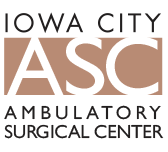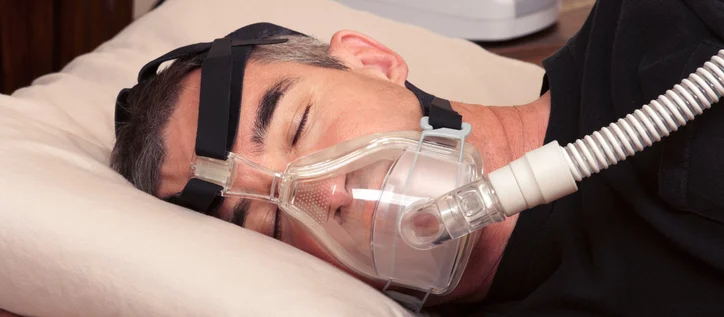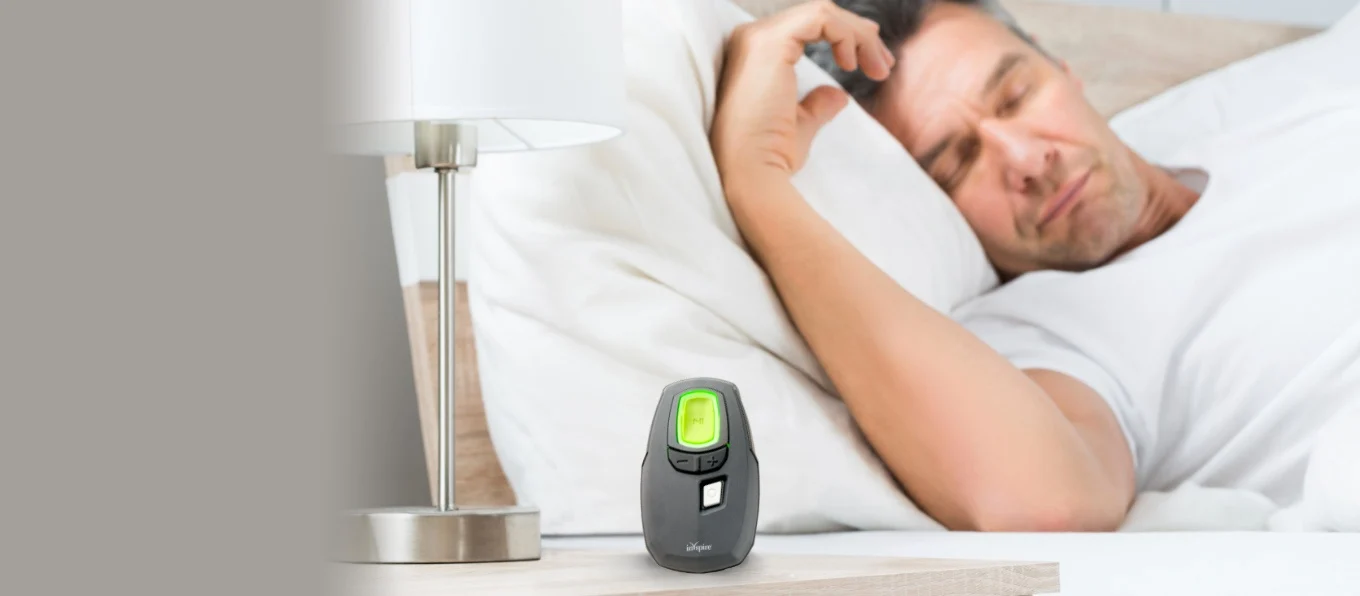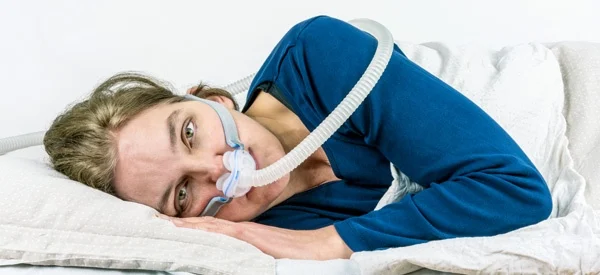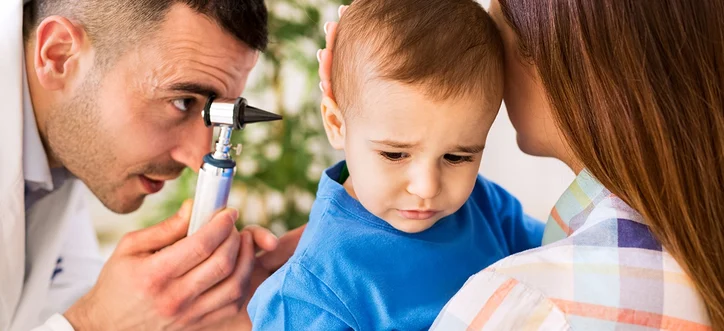Blogs
icasc advantage blog
The Ultimate Sleep Tips For CPAP Users
Posted by iowacityasc on Jun 29, 2017 3:24:26 PM
If you have obstructive sleep apnea and use a CPAP device while sleeping, you might find it difficult to fall asleep or stay asleep throughout the entire night. It does take some time to adapt to using a CPAP device because of the sound, the feel of the mask on your face and of course the air pushing on your face. But it’s important to continue using your CPAP as prescribed to keep your sleep apnea under control and speak with your physician about any concerns you have about using it.
Topics: Sleep Apnea
Sleep Apnea Inspire Therapy Explained
Posted by iowacityasc on May 19, 2017 2:09:16 PM
People often joke about snoring, but if your snoring is caused by obstructive sleep apnea, it’s nothing to joke about. This serious condition causes you to stop breathing anywhere from a few seconds to a few minutes while you are sleeping because soft tissues in your mouth and throat relax and block your airway. When this happens, your body and especially your brain is being deprived of the oxygen it needs to function correctly. Inspire therapy can help reduce your obstructive sleep apnea.
Topics: Sleep Apnea
Why Am I Struggling With My CPAP Device
Posted by iowacityasc on May 19, 2017 11:47:29 AM
Many people rely on CPAP devices to control their breathing difficulties from obstructive sleep apnea. And unfortunately, many find that they are continually struggling with their CPAP device. If your CPAP makes you uncomfortable, you might find it difficult to sleep at night, which goes against what the CPAP is supposed to be accomplishing for you.
Topics: Sleep Apnea
Symptoms Of Sleep Apnea
Posted by iowacityasc on May 03, 2017 4:48:03 PM
Those who suffer from sleep apnea will often stop breathing repeatedly while sleeping, in some cases, hundreds of times. Each time breathing is stopped, the body, including the brain, does not receive the amount of oxygen that would normally occur. Because this condition deprives the body of oxygen, sleep apnea is considered a serious disorder. The most common form of sleep apnea is obstructive sleep apnea (OSA). This type of sleep apnea is a result of the airway becoming blocked because the soft tissue found at the back of the throat collapses while sleeping.
Topics: Sleep Apnea
Treating My Child’s Ear Infection
Posted by iowacityasc on Mar 01, 2017 9:26:54 AM
An ear infection can really make your child feel miserable. In the past, the course of treatment was often a round of oral antibiotics. However, nowadays, many doctors hold off on prescribing antibiotics right away, especially where it is suspected that the cause of the ear is a virus instead of bacteria. Repeated exposure to antibiotics can build up your child’s resistance to those drugs over time making them less effective when they really need them. It is often possible to treat your child’s ear infection at home and watch for symptoms to improve or worsen over 24 hours.
Topics: ENT
Ear Infection Symptoms And Next Steps
Posted by iowacityasc on Feb 28, 2017 4:12:33 PM
Ear infections are very common among children. Almost 16 million kids will visit a doctor each year with an ear infection and more than 80 percent of all kids will be diagnosed with at least one middle-ear infection before they are three-years old. It is important to know how to recognize ear infection symptoms, especially in infants and young children who may not be able to tell you what they are feeling.
Topics: ENT
When Should I Take My Child To An ENT Specialist ?
Posted by iowacityasc on Feb 28, 2017 4:04:59 PM
An occasional ear infection is nothing to be overly concerned about. However, if your child has more than three ear infections within six months or four ear infections within a year, the American Academy of Pediatrics (AAP) recommends taking your child to see an ENT specialist.
Topics: ENT
Should I Have Cataract Surgery?
Posted by iowacityasc on Jan 17, 2017 4:27:57 PM
According to the American Academy of Ophthalmology, almost 25.7 million Americans who are 40 and over have cataracts. Cataracts are considered a normal part of the body’s aging process. The only cure for cataracts is to have surgery to remove them. The prospect of cataract surgery might be intimidating, but you can rest assured that this surgery is the most common elective surgery for older adults who have Medicare.
Topics: General Surgery
I Was Diagnosed With Cataracts. Now What
Posted by iowacityasc on Jan 17, 2017 4:22:17 PM
After your ophthalmologist has performed tests to confirm that you have cataracts, fear may set in. Being told that you have cataracts and that eventually you will need eye surgery to save your eyesight can be very scary news. It’s only natural to be afraid that there may a strong possibility you will go blind if you do not have the surgery. Then of course, there is the worry you might then have about having surgery on your eyes.
Topics: Cataracts
What Happens During Cataract Surgery?
Posted by iowacityasc on Jan 17, 2017 4:16:34 PM
Removing a cataract involves separating it from the lens capsule. The affected lens will be replaced with an intraocular lens implant (IOL). Sometimes it’s not possible to replace the lens. When this happens, your eye doctor will prescribe glasses or contact lenses that will compensate for not having a lens in your eye.
Topics: Cataracts
